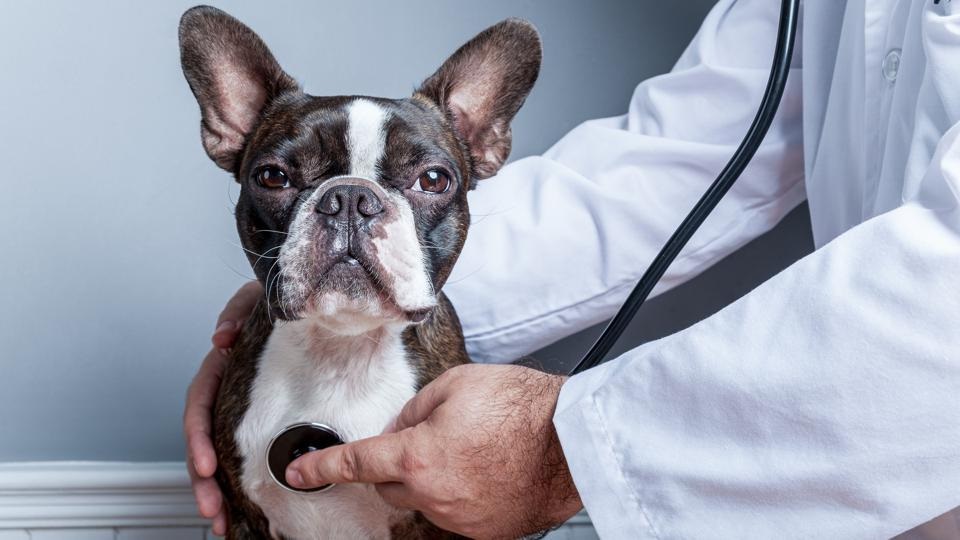4 FAQs by Cat Owners with Underweight Cats

If your kitty cat is underweight and needs to gain weight, it is essential to address the underlying reasons for the weight loss. Various factors can contribute to weight loss in feline fur babies, which is why a thorough examination may be needed to determine the cause.
Possible reasons may include dental conditions, parasites, metabolic issues, and other underlying illnesses. Identifying and fixing the root cause can help your pet cat regain and maintain a healthy weight.
Work closely with your veterinarian to develop a tailored plan to address your kitty cat’s specific dietary needs. However, consider being equipped with cat insurance so you are more prepared to handle any health emergencies arising from particular physical health conditions.
The pet insurance cost can be much lower than unplanned vet bills, which is why you should contemplate purchasing a policy. In the meantime, read this article to learn answers to three frequently asked questions related to a cat being underweight.
1.What are the problems associated with cats being underweight?
This is frequently indicative of potential medical issues. Underweight feline pets may experience nutrient deficiencies, weakened immune systems, endocrine disorders, renal complaints, dental problems, digestive troubles, and an impaired ability to assimilate nutrients, like in the case of diabetes, making them susceptible to various health problems.
It is crucial to promptly consult a vet upon noticing weight loss or decreased appetite in your furball. A veterinary visit will help identify the underlying cause, initiate appropriate treatment, and prevent further health complications. Early intervention is key to restoring your cat’s weight and overall well-being.
2.Besides physical health issues, what can cause weight loss in cats?
There are various reasons why a cat may experience weight loss. Behavioral issues can also lead to diet and weight problems in kitties. A kitty cat’s finicky eating habits, stress, or anxiety may contribute to changes in its weight. These factors can impact appetite or eating behaviors, potentially leading to weight loss.
3.Are weight gain supplements safe for cats?
They should be used under the guidance of a vet expert. While some supplements can be safe and effective in helping cats gain weight, it’s important to ensure they are specifically designed for feline use and are used in the appropriate dosage. A veterinarian can provide proper recommendations based on your kitty cat’s individual needs and health status.
4.What are the different types of weight supplements available for cats?
Consult your vet to determine the most suitable weight supplement for your munchkin’s specific needs. However, the most common cat weight supplement types are –
High-calorie cat food: They are specially formulated to provide extra calories and nutrients.
Nutritional supplements: They include high-calorie gel or paste that can be added to a cat’s regular food.
Omega-3 fatty acid supplements: They can promote weight gain and overall health.
Probiotic supplements: They aid digestion and nutrient absorption, supporting weight gain.
If your cat is experiencing weight loss, contact your veterinarian to rule out any medical concerns and determine the most appropriate course of action. At the same time, consider being equipped with cat insurance to be more prepared to tackle unexpected vet costs during sickness and medical emergencies. The pet insurance cost can be more bearable than non-routine vet costs, which is why you must contemplate purchasing a policy.







